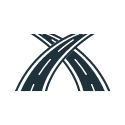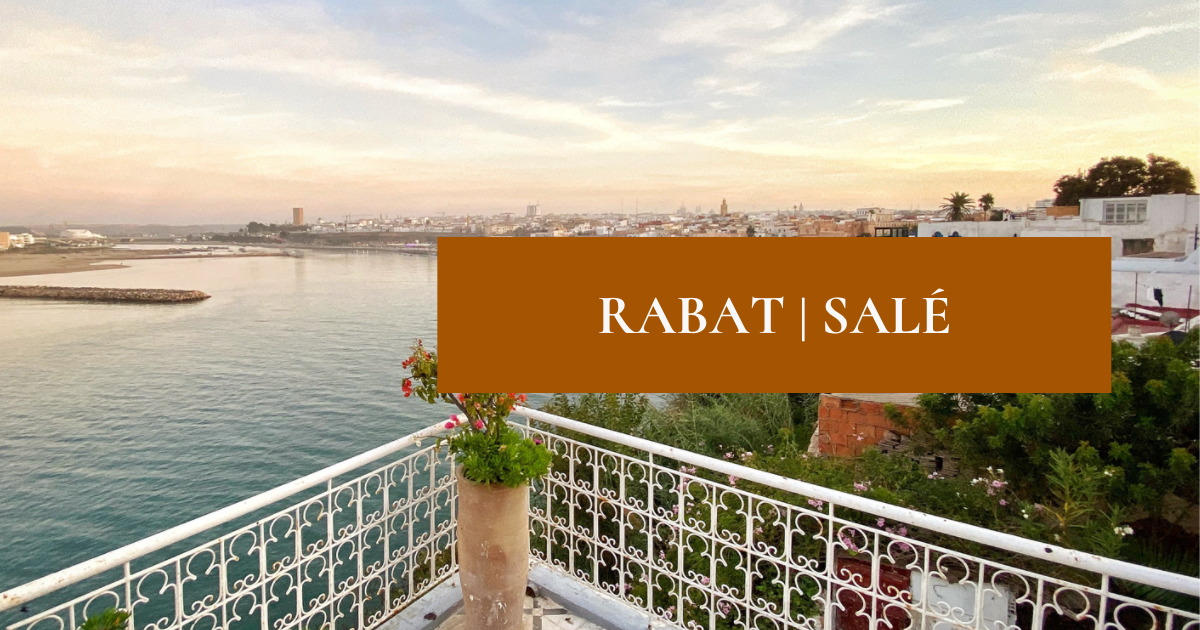Exchanging Money in Morocco
Money is like the waters of a sailing river, it flows away.
-African Proverb
Updated December, 2023
Sitting in the stuffy reception area of our boutique hotel, my wife handed over the Euros that we had recently exchanged at the airport. We had used a crisp $100 bill at an airport exchange kiosk, and in this moment she was giving me just over 50 Euros.
“Where’s the rest of it?” I asked.
“This is everything.” She responded.
“This can’t be everything. The exchange rate is not that bad.” I stated.
“This is all they gave me.”
…and thus began our crash course in money exchange in Italy. A short time later, we visited a nearby ATM, withdrew money, and were frustrated once again. As stated in the African proverb, we felt that our money was floating away from us. After doing a quick Google search, we were able to orient ourselves better with currency exchange in Italy, and were able to send our money flowing in the right direction.
In my experience, little is more frustrating than when money situations don’t meet expectations. This article is written to help you understand how to obtain local currency in Morocco, the Moroccan Dirham. Morocco is primarily a cash-based country, so while you can use a credit/debit card in certain places, you will need cash for many transactions.
Everything You Need to Know about Exchanging Money in Morocco
Closed Currency - The Moroccan Dirham (MAD or DH) is a closed currency, which means that you can only obtain it while physically inside the country. You will not be able to obtain the money from your local bank in your passport country, or while in a foreign airport on your way to Morocco; only once you are in Morocco. Additionally, you are only permitted to take a certain amount of Moroccan Dirham with you outside of the country. This is a relatively small amount (around $200 USD), and you will be asked upon your departure how many Dirhams you are carrying with you.
ATMs - There is no shortage of ATMs in Morocco, as most banks will have at least one on their premises. Some credit/debit cards require a travel notification, so make sure you set this travel notification accordingly, which commonly can be done online. When using the ATM in Morocco, you will be given options in multiple languages, with English being one of them. When scrolling through the options on the machine, there are a few things to keep in mind. First, the machine will offer to provide the currency conversion for you. I always decline, because my debit card provides me a much better exchange rate; my experience is that the ATM gives me an exchange rate that is very close to the official rate. Second, a “Current Account” is the equivalent of a checking account. For Americans, we are not familiar with the term “Current” account. Third, the amount of money you can withdraw per transaction, per day, and per bank varies. When I first arrived in Morocco, I only tried to withdraw 2,000 MAD per transaction, and I was able to withdraw three times from the same machine for a daily total of 6,000 MAD. Since then I have successfully withdrawn 8,000 MAD in a single transaction, although only at Attijariwafa Bank. Most machines will charge a fee, which is somewhere between 30-35 MAD per transaction. (We have been told an exception is Poste Maroc - Al Barid Bank, which does not charge a transaction fee.) Your local bank may charge additional fees for currency conversion. We use Charles Schwab Bank, which graciously reimburses all ATM fees at the end of the month. If you are planning to move to Morocco from the United States, then consider opening an account with Schwab (we do not receive a commission for stating this).
Currency Bureau (Bureau de Change) - If you bring foreign currency into the country, you can exchange it at a number of Change Bureaus. The first place you will see one is at the airport when you arrive in Morocco. At the kiosk, you will find a board listing the exchange rates for various currencies. Make sure to read any signs that indicate commissions and fees for exchanging your money (this is where my wife and I lost a lot of money exchanging money in Italy). You will be always be asked to provide identification when exchanging cash at an exchange bureau, usually in the form of a passport. In general, you will want newer bills with less markings (pen marks, tears, etc). For US bills, a representative at a local Change Bureau told me that no bills prior to the 2005 Series are accepted (at least at their branch). Something to keep in mind is that you will not receive the rates listed on the board. Recently I exchanged money at a local Bureau, and while the exchange rate listed outside was 8.92 MAD = 1USD, the rate I received was 8.74 MAD. I do not believe they were doing anything shady; the price listed outside was the official exchange rate, and rather than charge a commission, they make money by exchanging at a lower rate.
Banks - You can also exchange cash at a bank. The exchange process is identical to a Bureau de Change. On the same day that I exchanged money at the Bureau, I checked with a local bank to see how the rate compared. Whereas the Bureau gave me 8.74 MAD, the bank’s rate was 8.69 MAD. This is on a day when the official exchange rate was listed online as 8.92 MAD. The employee said that the rate would vary depending on the bank I visited.
Because my local bank in the United States gives me a great deal, my preference for obtaining local currency is through ATMs. However, you may find that bringing foreign cash into Morocco is your preferred way to obtain money. Whatever you decide, our hope is that you experience few surprises as the money flows out of your hands.
Are you visiting Morocco soon? Start your travels with us to learn some Moroccan Arabic phrases and cultural dos and don’t and to have the best trip available to you.
































Morocco is a very unique country for several reasons. The first is its strategic location in the northwest of the continent of Africa, just 14 kilometers south of Europe. This beautiful country is bordered by the Mediterranean Sea in the North, the Atlantic Ocean in the West, Algeria to the East, and Mauritania to the South. For this reason, Morocco is a crossroads where cultures, civilizations, and ethnicities meet.